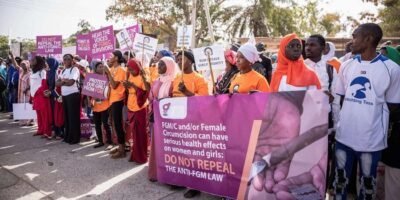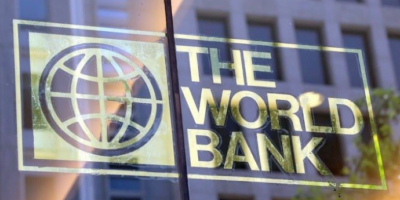S’Africa: Researchers Produce First Look At How Vaccine Deals With Omicron Variant

Vaccines against the virus that causes COVID-19 may provide less immunity to the Omicron variant than to other major versions of the deadly disease, according to laboratory experiments in South Africa.
Researchers at the Africa Health Research Institute in Durban, South Africa (AHRI), found Omicron resulted in about a 40-fold reduction in levels of neutralising antibodies produced by people who had received the Pfizer-BioNTech vaccine, compared with resistance to the original strain identified in China nearly two years ago.
According to allafrica.com, the study was a pre-print – meaning a study that was not yet peer reviewed but was released due to its importance.
While vaccinated people might be more vulnerable to breakthrough infections with Omicron, vaccines stimulate a wide-ranging immune response that involves more than just antibodies.
So these experiments may not reflect completely how well the vaccine protects against hospitalisation or death from Omicron outside the lab,
it added.
AHRI virologist, Alex Sigal told the The New York Times that he and his colleagues had worked at breakneck speed over the past two weeks to grow the virus and then test antibodies against it. “If I don’t die from the virus, I’ll die of exhaustion,” he quipped.
A number of infectious disease specialists, when learning of the Durban results, said there was a need for increased vigilance and for more study, but the good news was that the South African lab found that the vaccine does reduce the risks. It is likely, as well, that boosters will further increase immunity.
It noted that the prospect once more raises the urgent issue of the damage that travel bans against African countries have done to their economies – and to their abilities to continue their ground-breaking Covid research.
President Mokgweetsi Masisi of Botswana, where researchers were among the first to detect Omicron, told the BBC that the travel ban has “throttled” the country’s diamond and tourism-based economy.
Global health specialists largely agree that the bans are unscientific, ineffective and punitive in the current circumstances and may deter other nations from sharing vital research in the future.
It was Zimbabwe-born Dr. Sikhulile Moyo who was one of the first to genetically sequence the Omicron variant in his Botswana lab. Dr. Tulio de Oliveira, Director of South Africa’s Centre for Epidemic Response & innovation warned that the ban had reduced the supply of reagents and other supplies necessary for continued research.
The Omicron virus is spreading rapidly in South Africa and has appeared in dozens of countries around the world, in many cases before it was first identified in southern Africa.
The Archbishop of Canterbury, The Most Rev. Justin Welby had on Tuesday waded into the growing outrage among Nigerians condemning the United Kingdom’s (UK) inclusion of Nigeria in its COVID-19 red list without justification, saying it was a “travel apartheid” and calls for it to be scrapped.
In series of tweets on his Twitter handle, @JustinWelby, the Archbishop of Canterbury had urged the UK government to abolish what he described as the “morally wrong and self-defeating” red list.
The United Nations Secretary General had a few days ago described the action of the UK government as travel Apartheid, targeted at poor nations.
Nigeria became the 11th country to go on the UK’s red list for international travelon Monday. All nations currently on that list are African.
The only people allowed to enter the UK from these countries are UK or Irish nationals, or UK residents. They would have to pay for and self-isolate in a pre-booked government-approved hotel for a total of 10 days.

Justin Nwosu is the founder and publisher of Flavision. His core interest is in writing unbiased news about Nigeria in particular and Africa in general. He’s a strong adherent of investigative journalism, with a bent on exposing corruption, abuse of power and societal ills.













